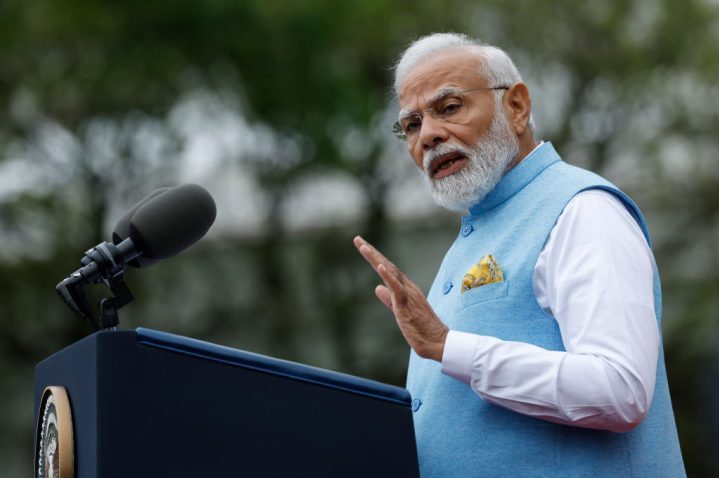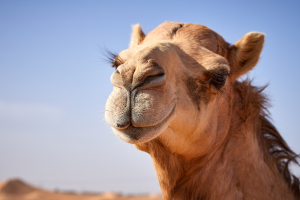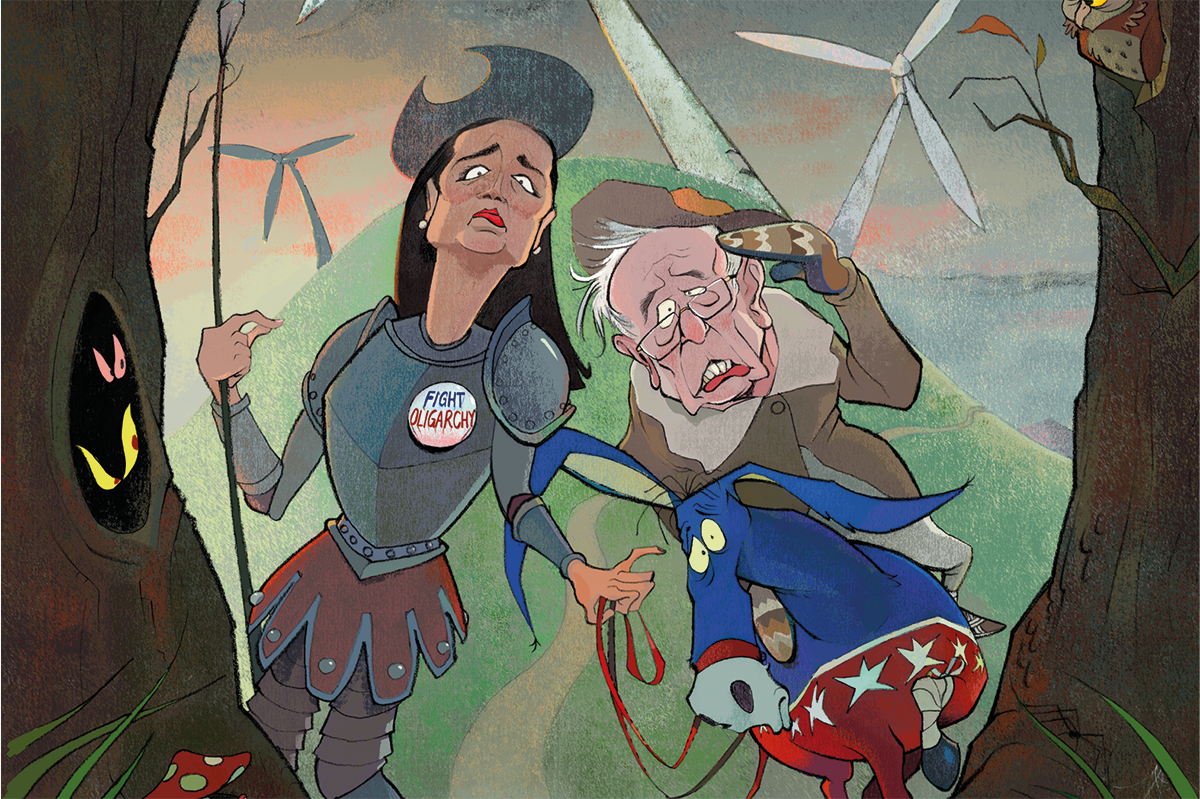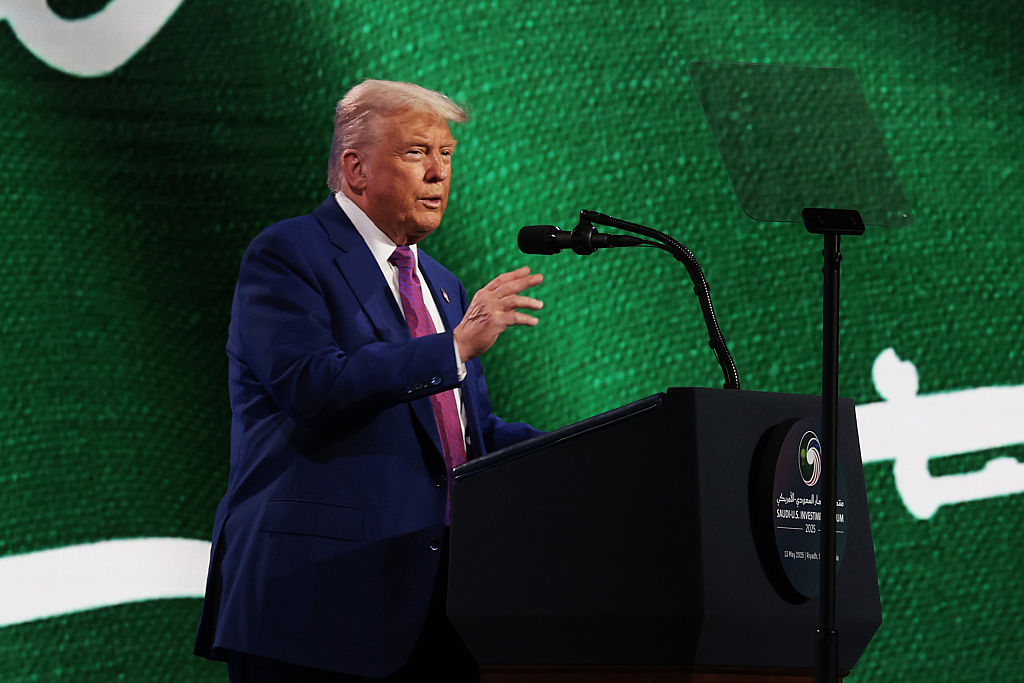Political vanity projects come in all shapes and forms but invariably turn out badly. One such is India’s “Project Cheetah,” a madcap scheme to reintroduce cheetahs to the country after an absence of just over seventy years. It has the personal backing of Prime Minister Narendra Modi, who has made it an issue of national prestige, which means it is all but impossible for anyone in authority to acknowledge that things are not quite going to plan.
So far, eight cheetahs have died out of a total of twenty imported from Africa and questions are growing about the reasons behind the deaths. There are even claims of an official cover-up by the Indian authorities to spare the blushes of the country’s all-powerful ruler.
The reintroduction of the cheetahs began last September amid much pomp and ceremony. It was billed as a landmark moment for Modi and his ruling Bharatiya Janata Party (BJP). Cheetahs became extinct in India in 1952 and are the only large carnivore the country has lost since independence.
Bringing back the big cats tickled Modi’s political vanity: in his eyes it would mark one more success in his goal of restoring India to a glorious past. Billboards across the country advertised the return of the cheetahs and, to cap it all, the homecoming just happened to coincide with Modi’s seventy-second birthday festivities. He was pictured marking the special occasion, looking as though he was dressed for safari.
Kuno National Park, in the BJP-ruled state of Madhya Pradesh, was chosen as the home for the cheetahs. The park is less than 500 square miles in size, and fenced in by villages. Conservationists and wildlife experts warned that it was an area far too small for cheetahs to thrive: they usually require vast habitats of thousands of square miles to roam free. Others warned of the danger of infections.
Their concerns appear to have been brushed aside and the consequences are now plain to see. The big cats have been dying one by one in recent months. A few days ago it emerged that a total of eight have now lost their lives: five of the imported adult big cats and three of the four cubs born earlier this year.
There have been unconfirmed reports that two cheetahs died from skin infections caused by the radio collars used to track the cats in the wild. Others have speculated that kidney disease is to blame.
India’s environment ministry has dismissed the reports as “speculation and hearsay.” The official version of events remains that “natural causes” are to blame. Modi ordered a review into the project last week but no one should get their hopes up. The political stakes are simply too high to contemplate any admission of failure.
Even so, the cheetah project is turning into a national embarrassment for India. It is hard to escape the suspicion that there was a lack of proper planning and experience on the Indian side, such was the rush to please the country’s political masters. It might have made more sense to have introduced one or two cheetahs to the country initially, carefully monitoring their progress and learning vital lessons along the way.
It is high time the authorities in India were more open about the challenges and problems they face. This venture can only succeed if information is openly shared with independent outside experts so that the causes of death can be fully investigated and appropriate action taken.
If Indians cannot get a grip of the situation, it would be better for the remaining cheetahs to be returned to Africa. There is unfortunately little realistic chance of that happening. Modi’s grand ambition that, under his rule, cheetahs would once more roam free across India, is in danger of being exposed as being little more than a grandiose folly.
Political vanity schemes have a habit of making fools of the rulers who dream them up. India’s cheetah project is turning out no different.
This article was originally published on The Spectator’s UK website.

























